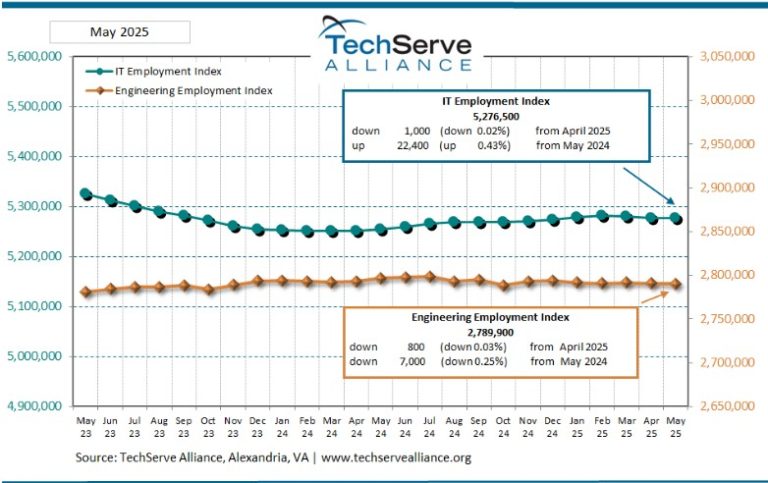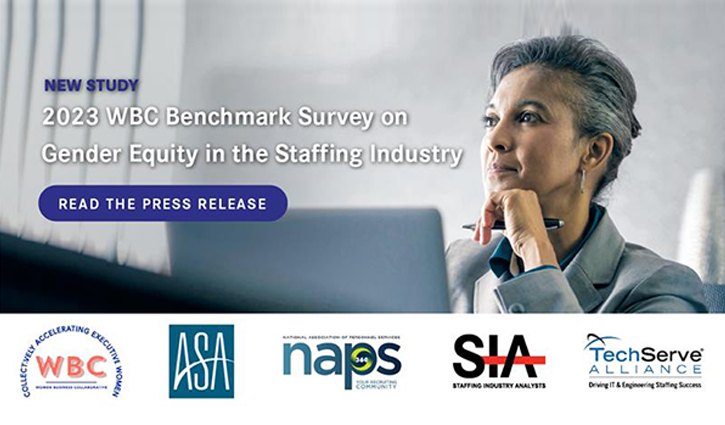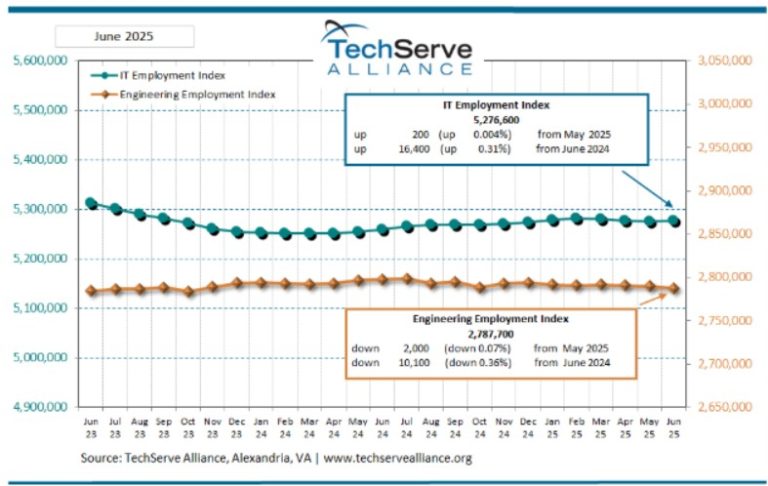Neurodiversity refers to diversity in the human brain and cognition functions, such as thinking, learning and behaving. It’s the concept that the differences in brain functions are variations—not deficits—in how people experience and interact with the world.

15%-20% of the global population is considered neurodivergent, so there’s a high chance that you or your co-workers have neurodivergent features.
Individuals who exhibit such variations are considered “neurodivergent.” Since there isn’t a “normal” way for a brain to work or function, the larger population is said to be “neurotypical.”
Neurodiversity is also often used as an umbrella term covering several conditions, including:

Invisible Features Neurodivergence is invisible, and that’s a significant hurdle. It leaves many workers who are neurodivergent having to disclose their specific needs to do their best work or request accommodations.
“Masking” in the Workplace Masking is a common coping mechanism that people who are neurodivergent use to camouflage in neurotypical environments. Whether done deliberately or subconsciously, it creates a lot of exhaustion and stress, increasing the risk of burnout.
5 Ways to Support Neurodiversity in the Workplace
There are ways that every employee can challenge or influence cultural norms and contribute to a neurodivergent-friendly work environment. Consider these tips:
- Practice awareness. Understanding neurodiversity is the first step. Take it upon yourself to learn more about neurodivergent features, their specific strengths and challenges, and how to reduce the associated stigma.
- Listen. Co-workers with neurodivergent features may feel misunderstood or left out. Let them know you hear them and respect their ideas and choices.
- Respect individual differences. Neurodiversity aside, everyone has a different learning or working style. Everyone thinks, processes information and learns differently, so respect those differences and leverage individuals’ strengths.
Consider these powerful skills and talents associated with neurodiverse workers:

- Communicate clearly. There’s room for error if communication is not clear enough. Ensure communication is specific and includes actions, and ask your teammates about their communication preferences. Keep in mind that respecting neurodiversity may also mean respecting nonverbal choices.
- Avoid value-based labels. Terms such as “low functioning” and “high functioning” are often used with neurodivergent conditions such as autism. Avoid using those terms as they assume a person’s level of function is based on someone who is neurotypical.
Ultimately, it comes down to treating colleagues with respect and accepting them for who they are. Talk to your manager if you have concerns or questions about neurodiversity in your organization.












